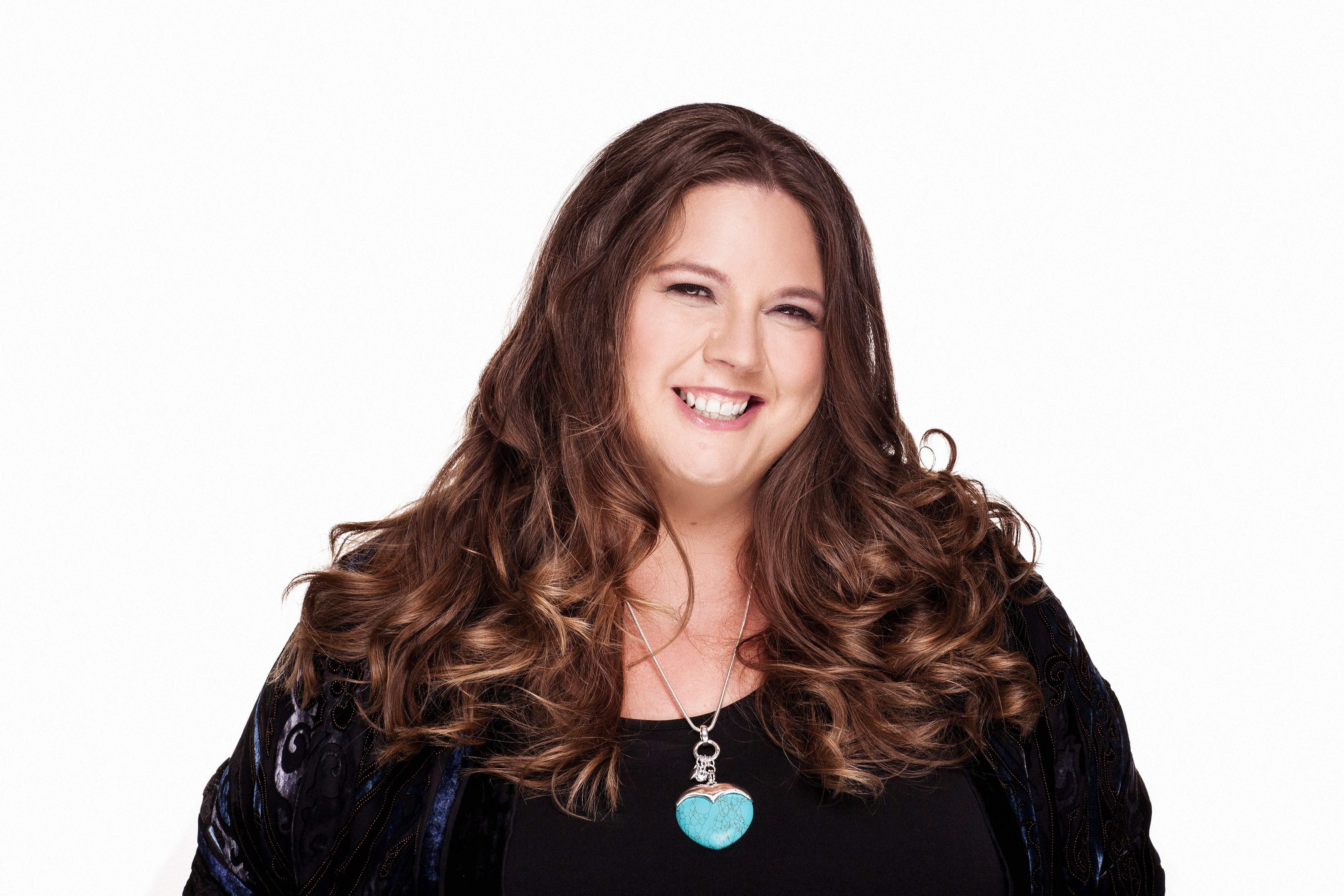Seven Tips on Picking a Great Web Developer
Posted on:
As a web development company, we have a few thoughts on how you can select a great developer to work with you on your professional website. The decision to hire, and select a developer is a process that takes time.
Selecting the right developer will mean your webpage will be delivered easily and smoothly, and any big problems should be ironed out early on in the process.
Reliability is key in web development
Reliability is a crucial aspect to selecting a great developer. If you know from previous experience, or have referrals from people you trust, that they deliver on time, or with great communication, then they are well worth pursuing. A website that you have is always worth more than one that someone is still drawing wireframes for. A developer who knows the way their work flows, how to manage other people in a team, and how to ensure they get the best out of their client is magic.
You should feel confident in your developer’s ability to deliver your website.
Does your developer have Great Customer Service skills?
Is this your first big webpage? You may be in for quite the learning experience! As a webpage grows in complexity and development requirements, there will be more moving parts, and more people involved. You should always note how your potential developer handles your questions. Do they help you, assist you in understanding or dismiss your concerns? Do they understand your point of view even as they try to educate you about the full scope of your requirements? A good developer should also take the time to make sure you understand what’s going on, and shouldn’t try to confuse you by using a bunch of technical jargon.
Developing or updating an existing webpage can be a huge undertaking, and you must feel confident in the communication and support you get from your potential developer.
Does your developer have a Great Reputation?
Word of mouth is still the best advertising, especially in an industry like web development. If a friend suggests a freelancer, and the freelancer doesn’t have the capacity to deliver in your timeframe or you are not their type of client, then ask them who else they might suggest! At AimHigher Web, we often work with other similar companies and pass work back and forward depending on where the client is likely to fit best.
Ask your business mates who they use, google for your requirements, and check out reviews. Ask for references or testimonials, or even examples if you and your developer click. Your developer should also have a Portfolio to show you some of the works they have completed previously (make sure you ask them if there’s any more examples as well, sometimes they might have projects they’re not allowed to share publicly but they could show you during a meeting). All of this should help you see if the developer is a good fit for your needs.

Does your developer know their stuff?
Your developer should make you feel confident in their knowledge, if they don’t know what you mean when you say you want an ecommerce website, it’s probably best to look elsewhere. There’s no harm in educating yourself a little bit before you organise a meeting. If you are starting from scratch, you should use your online resources to look at what sort of webpage you want, and get a list of your needs and requirements organised. Then delve into these a little further – what aspects of your webpage will make it unique, and require a developer?
A great developer probably also has other aspects where their love of coding shows. If you’re feeling up to it, check out platforms like GitHub to see if they have any coding projects shown publicly, or google your developer to see if they have an online presence, and if so, what is the person and company like? Maybe they’re recognised experts and speak at events, or maybe they have a technical accreditation or recommendation from companies like Microsoft, Amazon or Google?
Do you know what they are going to do?
As well as being able to do the work, can they explain the work to you? Do they help you to understand the process, the time frames, and the work involved with your requirements? What sort of documentation will they provide, what written notes and support will you receive during the process (and after it’s done)? Many web developers will also have other services you might be interested in, so definitely have a look at the sort of services they can provide.
Find out what they’re planning to do to keep you up to date as well, and during what parts of the process you’ll likely need to be involved in the decisions. Will they have regular status meetings or send email updates? At what point do you need to finalise the content on the website and by what point do you need to approve the design?
This also covers over the admin side of the project as well, make sure you’re not blindsided by someone who wants you to pay for the entire project upfront. What payments will they typically require, and when will they be due? What kind of arrangements do they have for payment plans and extensions if something happens. Make sure you also find out what happens if things don’t work out, can you end the project, what is required of you and what partially completed work are you likely to get from them?

Who will you be working with?
Often when you’re talking with a developer, it may not just be them that you end up working with. You could be working with a company that has a lot of different people in house, everyone has a different specialty and so you know that they’ve got all the different areas of expertise to help build your website. But even if you’re dealing with a freelance developer, they’re likely working with others to deliver your website, for example we work with a variety of industry partners to allow us to deliver high quality websites, and bring in experts in design, SEO, content writing, and more depending on the needs of the project.
This also means finding out who else is supporting your developer, and if they have the capacity to be able to meet your deadline, do they have other people they work with that can support if something happens? Or is there a chance that your timeline might get pushed back because of something outside of their control?

Is the developer a good fit for you?
If you’re researching your developer, it’s also worth seeing if they align with the values of your business. Maybe your business believes in the importance of community, so have a look to see if your developer does any work with their community (or ask them when you meet).
The decision to go with a particular developer or company shouldn’t just involve a lot of logical and technical decisions on if they know what they’re talking about or if they can deliver the solution you’re looking for. It’s important to make sure that the person or people you work with understand you and your company as well and understand what is important to you and why. If you’re working with someone who doesn’t understand some of these core tenants of your business, you’re not going to get anywhere near the result you would from someone who did get you and what you do.
This is a really important thing to check, because a good professional relationship is as important as a good personal relationship with someone.
A good developer should also understand that you want to find a good fit (and if they don’t, they’re probably not a good fit anyway).

Here at Aimhigher Web we take pride in our drive to write great webpages, work with fantastic clients, and help teach along the way. With plenty of experience in current forms of online webpage delivery, we work every day to deliver the best of ourselves. We have an excellent reputation and deliver on time, using our extensive experience and best practice scheduling to nail down expectations during the proposal process. If your webpage needs a developer experienced in bridging the gap between businesses and website technologies, then get in touch with us today.
We would love to hear from you!
